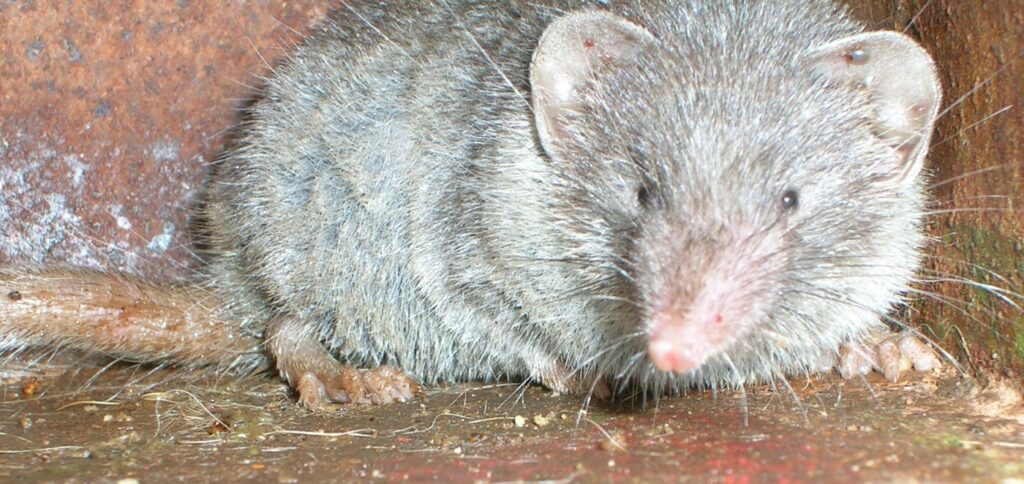
By Michelle Fay Cortez | Bloomberg
Nearly three dozen people in China have been sickened by a newly identified virus from the same family as the deadly Nipah and Hendra viruses, though there’s no evidence the pathogen can be transmitted from person-to-person.
The virus, named Langya henipavirus or LayV, was found thanks to an early detection system for feverish people with a recent history of exposure to animals in eastern China. The patients — mainly farmers — also reported fatigue, cough, loss of appetite and aches, with several developing blood-cell abnormalities and signs of liver and kidney damage. All survived.
Among the 35 patients, 26 were infected only with LayV, according to a report published in the New England Journal of Medicine. There was no evidence they had been in close contact or had a common exposure history, suggesting human infection may be sporadic, the researchers said. Tests detected the virus in 27% of shrews, a known vector for similar henipaviruses, suggesting the small, furry mole-like mammals may be a natural reservoir, they said.
Related Articles
US declares public health emergency over monkeypox outbreak
Further investigation is needed to better understand the infection, according to the researchers from Beijing, Singapore and Australia. Taiwan’s Centers for Disease Control said it is paying attention to the report, and plans to start screening for the virus.
The spread of germs from animals to humans, called zoonosis, is common, accounting for more than six of out of every 10 known infectious diseases in people, according to the U.S. Centers for Disease Control and Prevention. Most of the time they cause limited disease, dying out without having a major impact. In the aftermath of Covid-19, however, more tracking systems now are in place and picking up novel pathogens.
